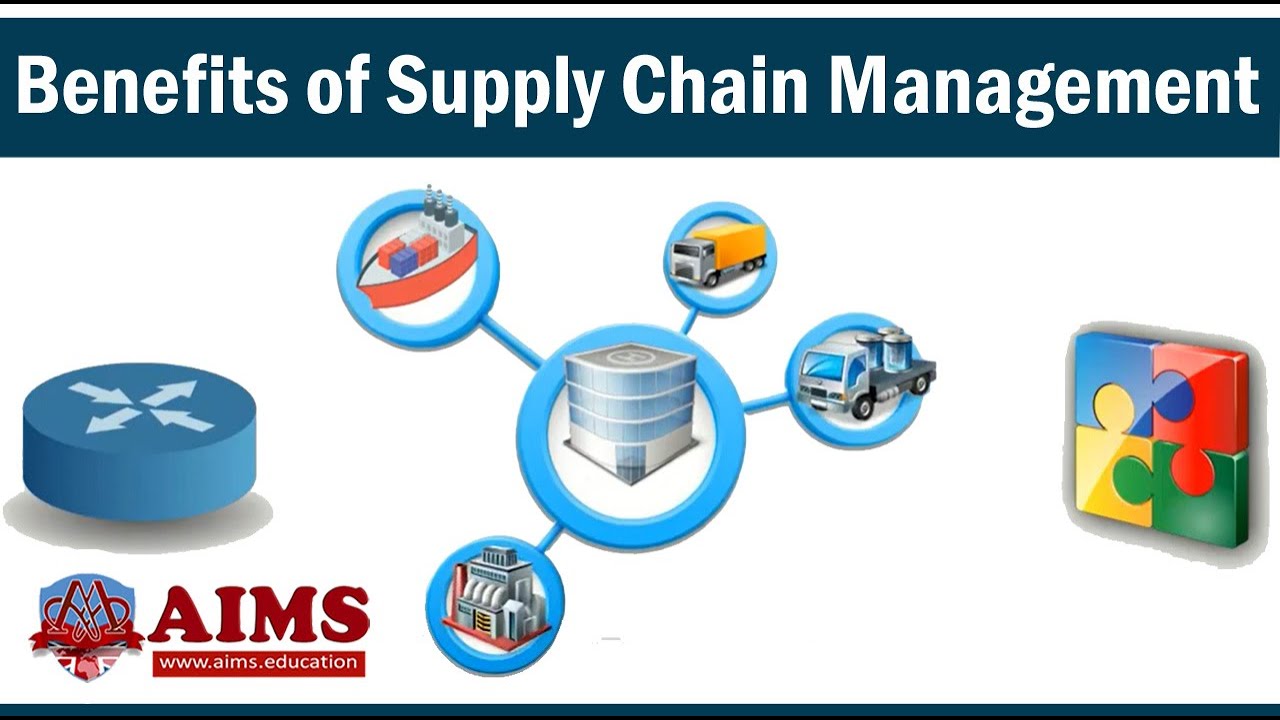Benefits of Supply Chain Management
Supply chain management plays a crucial role in the success of businesses across various industries. It involves the coordination and optimization of activities involved in the production, procurement, and distribution of goods and services. In this article, we will explore the numerous benefits that effective supply chain management can bring to an organization.
Improved Efficiency and Cost Reduction
One of the primary benefits of supply chain management is improved efficiency. By streamlining processes and eliminating bottlenecks, businesses can achieve higher productivity levels. Effective supply chain management enables organizations to identify areas of waste and implement strategies to reduce costs. This includes optimizing inventory levels, minimizing transportation expenses, and enhancing overall operational efficiency.
Enhanced Customer Satisfaction
Supply chain management directly impacts customer satisfaction. By ensuring timely delivery of products and services, businesses can meet customer expectations and build strong relationships. With effective supply chain management, organizations can minimize order fulfillment cycle times, provide accurate order tracking information, and improve product availability. These factors contribute to a positive customer experience and increased customer loyalty.
Improved Risk Management
Supply chain disruptions can have severe consequences for businesses. However, with effective supply chain management practices in place, organizations can proactively identify and mitigate potential risks. By diversifying suppliers, implementing contingency plans, and monitoring market trends, businesses can minimize the impact of disruptions such as natural disasters, supplier bankruptcies, or sudden changes in demand. This enables organizations to maintain continuity and reduce financial losses.
Increased Collaboration and Communication
Supply chain management involves collaboration and communication between various stakeholders, including suppliers, manufacturers, distributors, and customers. By implementing effective supply chain management strategies, organizations can improve communication channels and foster collaboration among these key players. This leads to better coordination, reduced lead times, and increased overall operational efficiency.
Optimized Inventory Management
Effective supply chain management allows organizations to optimize their inventory levels. By accurately forecasting demand, businesses can avoid stockouts and overstock situations. This not only reduces inventory holding costs but also ensures that products are available when customers need them. With optimized inventory management, organizations can strike a balance between meeting customer demand and minimizing carrying costs.
Improved Supplier Relationships
Supply chain management involves building strong relationships with suppliers. By collaborating closely with suppliers, organizations can improve supplier performance, negotiate better terms, and ensure a reliable supply of goods and services. Effective supplier relationship management enables businesses to reduce lead times, improve product quality, and gain a competitive edge in the market.

Effective supply chain management offers numerous benefits to organizations, including improved efficiency, enhanced customer satisfaction, better risk management, increased collaboration, optimized inventory management, and improved supplier relationships. By prioritizing supply chain management and implementing effective strategies, businesses can gain a competitive advantage, drive growth, and achieve long-term success.
Frequently Asked Questions about Benefits of Supply Chain Management
1. What is supply chain management?
Supply chain management refers to the coordination and control of all activities involved in the production and distribution of goods and services.
2. What are the key benefits of supply chain management?
The key benefits of supply chain management include improved efficiency, cost reduction, better customer service, increased profitability, and enhanced collaboration.
3. How does supply chain management improve efficiency?
Supply chain management improves efficiency by streamlining processes, reducing waste, optimizing inventory levels, and enhancing communication and coordination among various stakeholders.
4. Can supply chain management help in reducing costs?
Yes, supply chain management can help reduce costs through better inventory management, improved supplier relationships, optimized transportation, and efficient resource utilization.
5. How does supply chain management enhance customer service?
Supply chain management enhances customer service by ensuring timely delivery, accurate order fulfillment, effective communication, and quick resolution of any issues or concerns.
6. What impact does supply chain management have on profitability?
Effective supply chain management can significantly impact profitability by reducing operational costs, minimizing inventory holding costs, and maximizing revenue through improved customer satisfaction and market responsiveness.
7. How does supply chain management promote collaboration?
Supply chain management promotes collaboration by fostering strong relationships with suppliers, customers, and other partners, facilitating information sharing, and encouraging joint decision-making and problem-solving.
8. Can supply chain management help in mitigating risks?
Yes, supply chain management can help in mitigating risks by identifying potential disruptions, implementing contingency plans, diversifying suppliers, and ensuring business continuity.
9. What industries can benefit from supply chain management?
Supply chain management can benefit a wide range of industries, including manufacturing, retail, healthcare, logistics, e-commerce, and transportation.
10. How can businesses implement effective supply chain management?
Businesses can implement effective supply chain management by adopting advanced technologies, establishing strong partnerships, investing in training and development, and continuously evaluating and improving their processes.




